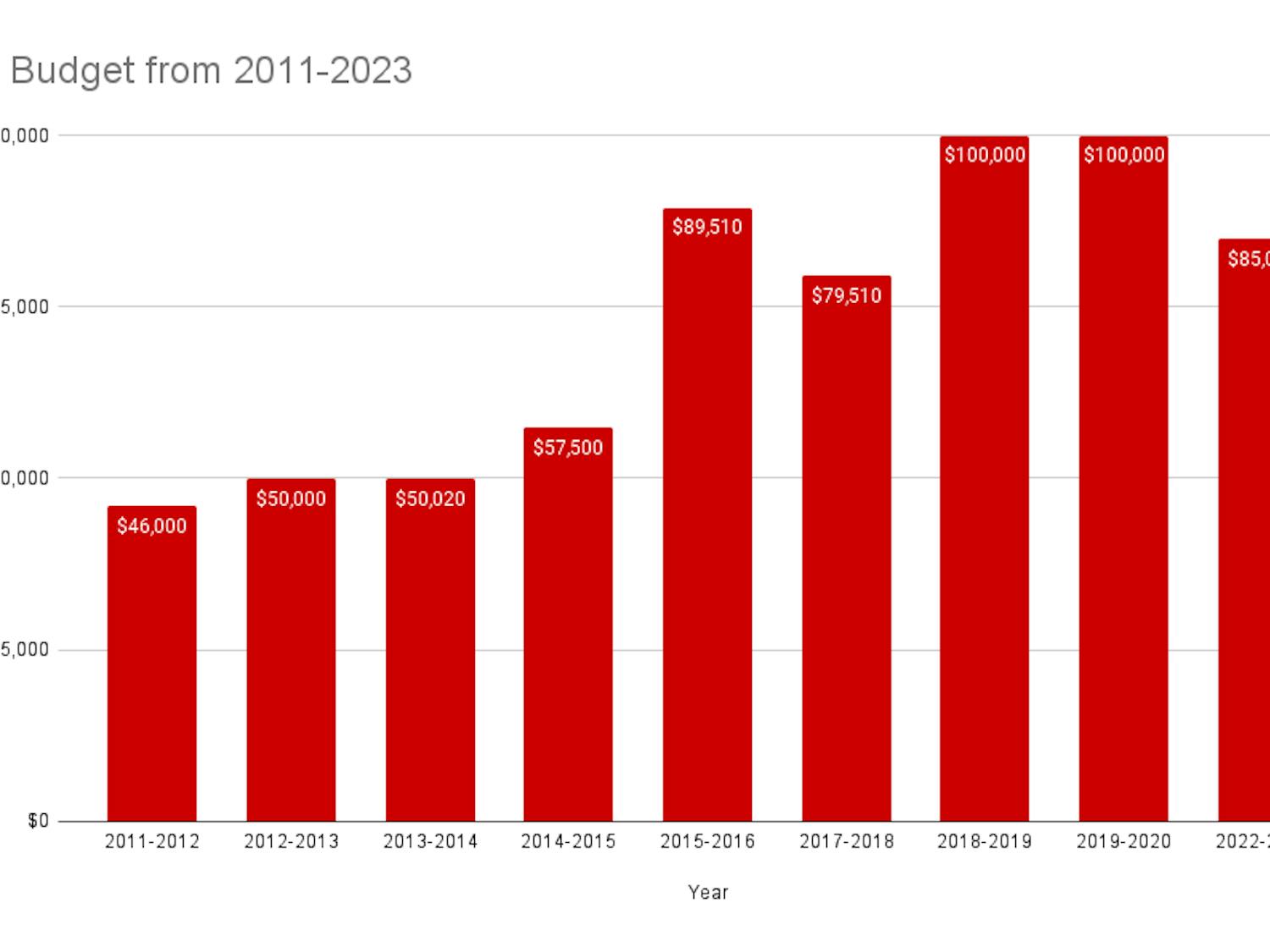Being a student in 2023 is hard. Student loan payments have restarted, tuition is not going down any time soon, and more and more people are falling for the get-rich-quick schemes that seem to fill our social media. So, for the average college student trying to pick out good financial advice within the murkiness of the internet, what are some good rules and habits to follow?
The first thing college students should know about is credit. Credit and more specifically credit history, is your record of your repayment of debt. Your credit history is directly tied to your credit report, which is determined by a number of things but mostly is determined if you pay back your debt or other bills on time. While credit might not seem that important as a college student it will be important in 10-20 years when you want to buy a house or make a large payment on something. This is because before banks give out loans, they first check to make sure that you are someone that will pay back their money. So, the first place the bank starts is by checking your credit report, and if you have no credit report and thus no history of making payments on time, the bank will not give you a loan for your shiny new house.
According to Yewande Adetokunbo, a Financial Aid Coordinator at the IUPUI Office of Financial Services, you should start building credit right away.
“College students should begin to establish credit,” Adetokunbo said. “We frequently encounter students seeking private loans for financial aid who are turned down because they have no credit history or, worse yet, cannot locate a co-signer. In order to prepare themselves for success outside of the classroom, students should start developing their credit. A high credit score will make it simpler for students to purchase a car or home, so get a credit card.”
So, tip number one is to start building credit. Set up a credit card with no annual fees and occasionally buy something with it and make sure you can pay it back on time or even early. You must pay it on time or else your credit report will drop, so make sure you aren't buying anything out of your price range. Typically, when someone is trying to build credit, they use a credit card for groceries or something that you typically buy, and you know you can pay for. This of course is easier with a job.
When students first get a job, it can be extremely difficult to see 10, 20, or even 40 years down the road, so preparing for then seems almost pointless. One thing is for sure, when you are 60 you will have wished that you saved every penny for when you retire. Saving for retirement is something all students should do but unfortunately many don’t. Thankfully there are many trustful sources that can help you get started in savings and investing such as the SEC, the SEC is a government organization overseeing stock trading. Along with Forbes, a helpful magazine that has been at the forefront of financial news since its founding in 1917.
Saving and investing as a college student boils down to how much can you save along with building a healthy habit of saving and investing what you can. For example, if you are a student with no job or a limited part-time job, chances are you should not be saving money because you need to cover your living expenses first. However, if you work upwards of 25-40 hours per week it is probably easier for you to start putting some money away per paycheck.
Adetokunbo recommends that students get a part-time job that will give them around 10-20 hours per week. This allows students to get some money but still have plenty of time to work on schoolwork and be social with their friends. Adetokunbo also recommends many different investment tools.
“There are so many choices available,” Adetokunbo said. “The best investment for students would be to sit down and examine possibilities like mutual funds, stocks, or Roth IRAs, it's never too early to start thinking about retirement.”
Finally, the best way to save some extra money as a student is to save around the edges. Now what does “save around the edges” mean? Well, it means saving costs where you know you can. For example, instead of buying a new coffee table maybe find an old table and give it a fresh coat of paint. You save money in the long run and while it might not be your Crate & Barrel furniture it still serves the same purpose. This extends far further than furniture and can be used everywhere, instead of buying textbooks, rent them, instead of going out to eat at an expensive restaurant, maybe go to Applebee's. Besides, in 20 years you will not remember the food you spent 100 dollars or 20 dollars on, you will remember the memories you made eating food with your friends.
Adetokunbo recommended a few helpful ways to help save money.
“One, setting a budget and monthly goals,” Adetokunbo said. “Two, maintaining many savings accounts for various purposes, such as "traveling," "emergencies," "graduate school," "bills," etc. Three, Saving all or parts of refunds. Four, Sign up for discounted entertainment for students like Spotify students.”





